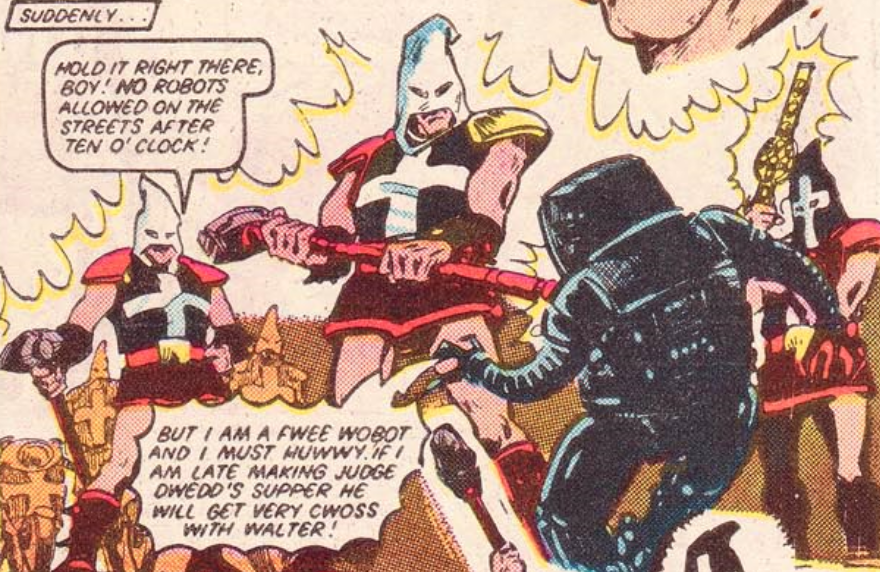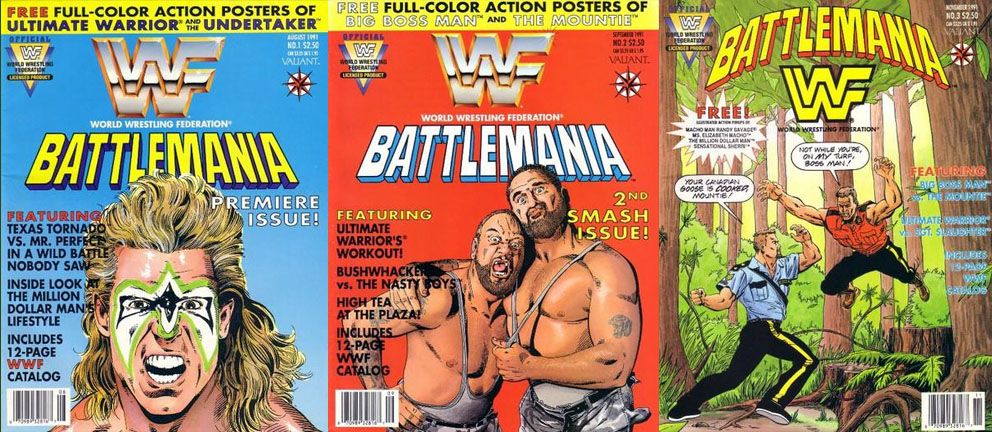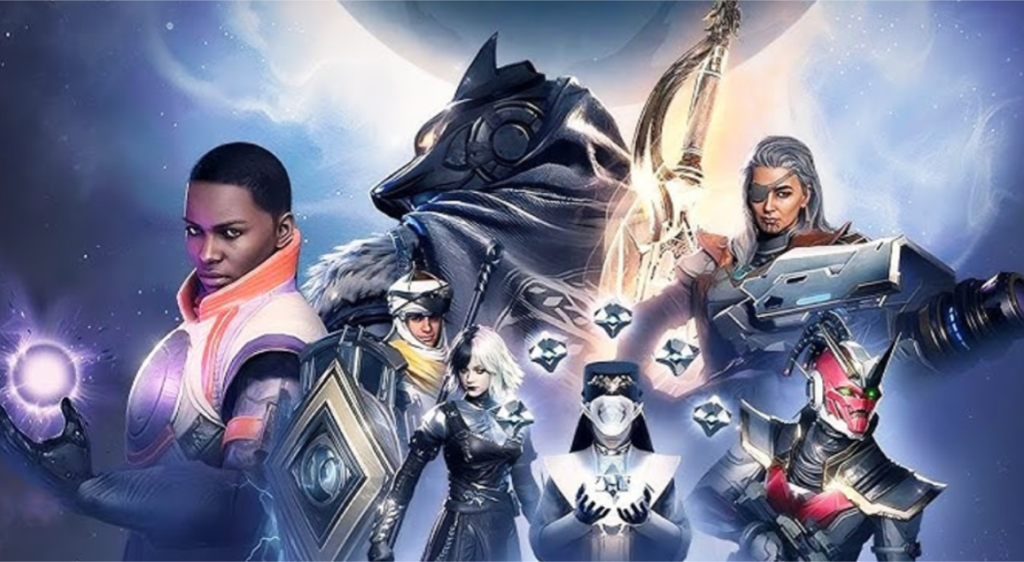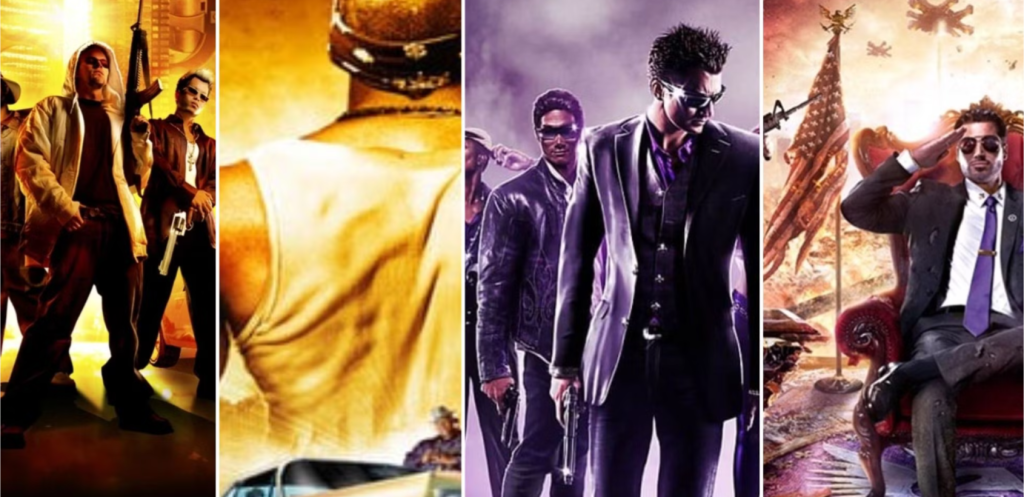(AfroGamers.com) The original Ultimate Spider-Man series was headed up by the incredible team of writer Michael Bendis and artist Mark Bagley. Released in 2000, it was basically a modern retelling of one of Marvel’s Big 3 superheroes.
Knowing this, going back and reading the series would beg the question “Why?” At least for some. Between the character’s creation in August 1962 and the publishing of Ultimate Spider-Man in October 2000, we would see multiple comics, cartoons, and films focusing on a teenage Peter Parker coming into his powers and facing off against familiar villains.
In short, the concept was tired and ran down. That’s why Miles Morales was received so well. It was something new and half of the original team—Bendis—returned and deliver on the execution. That’s where the original Ultimate Spider-Man gets a chance. Execution.
Bendis could’ve given us the exact same tale but Marvel would’ve gone for it. Plus, the rest of the Ultimate Marvel universe was focused on a modern spin on classic heroes. So, is Ultimate Spider-Man worth a read? Let’s find out.
Ultimate Spider-Man (2000-2009)
This series was basically the flagship for the Ultimate Marvel lineup. Sure, there was a whole Ultimates comic there but this was Spidey’s show. Hell, Ultimates wasn’t even the longest running in the lineup since it was completed in under a year following thirteen issues. Sure, it came back in 2005 and once more in 2008, but again it was out after thirteen and six issues respectively.
Ultimate Spider-Man went 133 issues over eight years. That’s nothing to sneeze at. The only other series in that line to come close were Ultimate X-Men which got a hundred issues across eight years and Ultimate Fantastic Four, which was given sixty issues across five years. Of course, the Fantastic Four should’ve gotten that many since it was the Marvel Universe’s top team for decades and the X-Men are the X-Men. Everyone loves the X-Men because everyone has at least one favorite mutant and stories are often timeless.
That Sliding Timeline
First thing’s first, Ultimate Spider-Man as well as the entire Ultimate Marvel line still worked within Marvel’s janky “sliding timeline.” While the sliding timeline isn’t particularly confusing, it leaves a ton of things unanswered. Namely, the fact Captain America fought in World War II which is depicted in the Marvel Universe, referenced frequently but never establishes a concrete timeline.
There’s a good reason for this. Business-wise, Marvel wrote itself into a box where it has a number of popular, established characters that it doesn’t want to phase out entirely. As a result, most characters don’t age, they get numerous stories.
Marvel explains that these stories happened in just a few decades and don’t go by real time. Okay…I guess. To bolster this, the numerous incidents of time traveling and time tampering affected Marvel’s time to some odd degree. Alright, we’re getting to something that makes some canonical sense. As far as the Ultimate Marvel universe is concerned, it shouldn’t be impacted by anything of this until the Secret Wars storyline in 2015.
Honestly, its why I’m more of an Astro City/Valiant Comics reader. The timeline is what it is and the timeline goes straight forward—even with instances of time travel being an important part of Astro City.
Content
In regards to the artwork and writing, both were extremely good. The execution in a modern retelling of Peter Parker’s life as Spider-Man worked here. Some people didn’t care for it but that’s often the case with comics, right? But I felt they really hit it out the park. I got back into comics in 2007 because of Ultimate Spider-Man.
The main line of comics in both Marvel and DC can be hard to get into. This isn’t because the stories aren’t any good, its that so much happens across multiple series in the period of a year that it can be hard to jump in. And if you manage to jump in, you have to keep up. American comics often aren’t linear, they weave in with other series in a shared universe and a significant event of a larger story arc might be referenced.
This is also the case with Ultimate Marvel but since it started with a handful of series and didn’t run for decades and decades, its pretty easy to get into and read through all the series. Of the series, Ultimate Spider-Man and Ultimate X-Men were the most appealing. Bendis’ Spider-Man isn’t much different from the teenage Spidey we’re familiar with but the series entire eight year focus was just on teen Spidey.
This was something I loved because Spidey in college simply didn’t appeal to me too much and adult Spidey didn’t either. The stories were great, mind you but I just could be bothered with his adult drama. I wanted superpowered fights and Parker’s wittiness. Ultimate Spider-Man gave you both with the risk of being a teen and having to keep up his identity.
To a degree, it was something you probably missed out on if you got into Spider-Man at a certain time and didn’t go back read the early stuff.
Pull or Pass
I’ll say that Ultimate Spider-Man gets a pull. There’s great artwork, great writing, and I have to add—the covers are dope. They’ve been out for over a decade now—almost twenty years which is wild—so you’ll do better picking them up in graphic novel format. If you’re not up for buying all 27 books—although the first 22 is the main run—chances are your public library has them or can hold them. That’s how I went through them anyway. The Marvel Unlimited service is also a good way to read them.
RATING: 8.5 out of 10 (Recommended)
Staff Writer; M. Swift
This talented writer is also a podcast host, and comic book fan who loves all things old school. One may also find him on Twitter at; metalswift.
















Leave a Reply